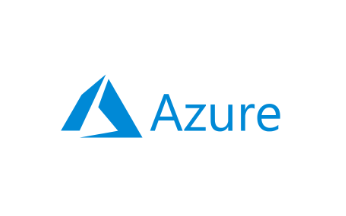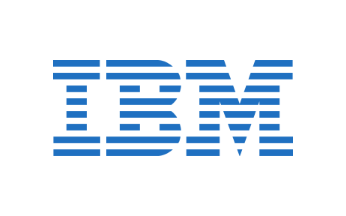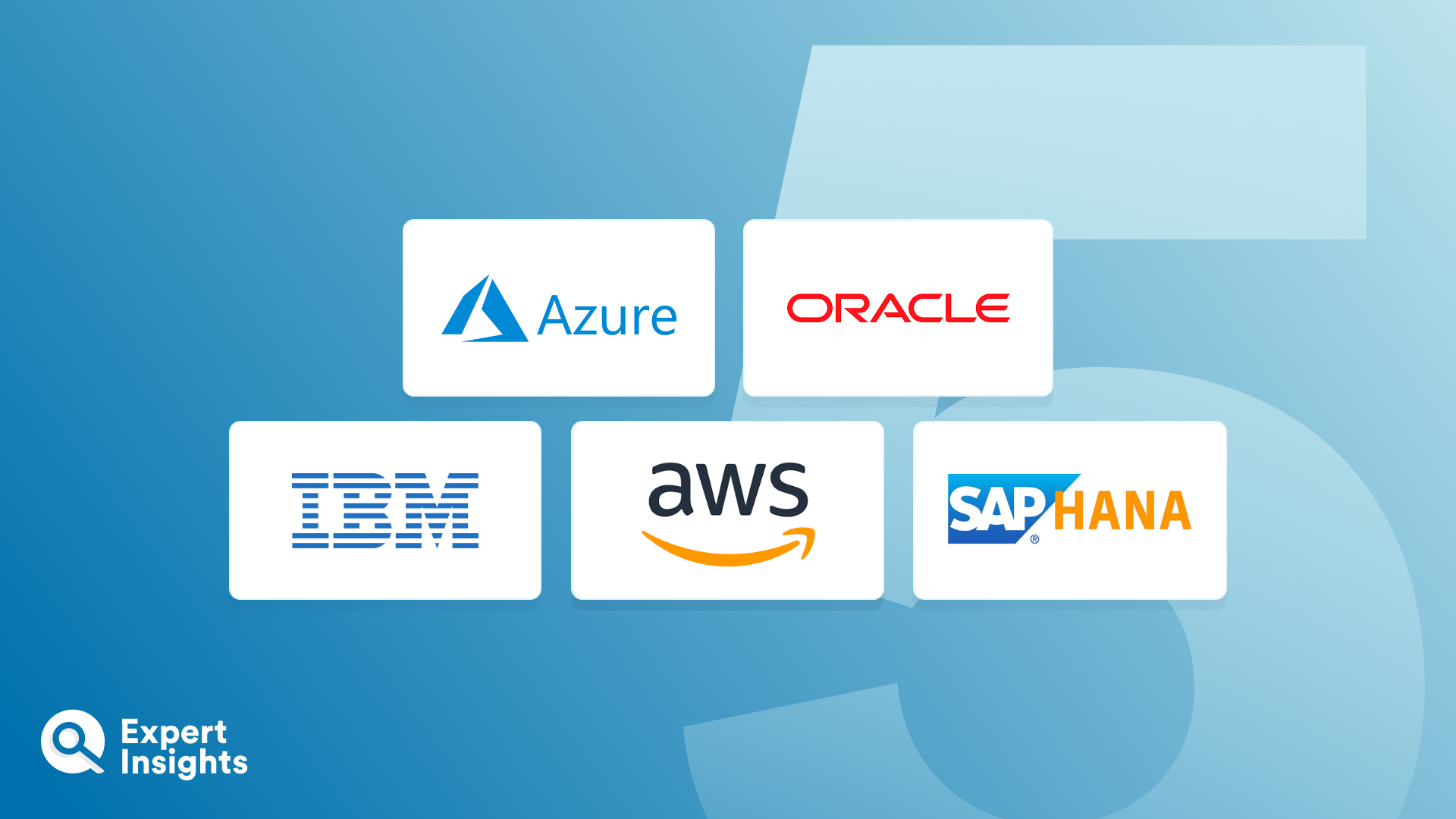The sheer volume of data that is generated and collected today is beyond most people’s comprehension. In addition to the sheer amount increasing, the data itself is evermore varied than before. Cloud database are areas where this type of data can be collected and stored. These are often third-party servers that are then accessed through the internet.
Cloud databases offer organizations an alternative (to on-premises) method of storing and accessing their data – one that can conserve and focus information technology resources. Cloud databases can organize and store all structured, unstructured, and semi-structured data, much in the same way a traditional on-premises database would. Cloud databases, however, also provide the additional benefits offered by cloud computing such as scalability, speed, and a reduction in overall cost. However, as organizations scale, there is the added challenge of managing vast amounts of data. This is where a cloud database management system can help.
Cloud database management systems are designed to help businesses organize and manage the data they’re storing in cloud computing environments. They provide all of the functionality you would expect from a traditional database management system, with the added scalability, accessibility, flexibility, and cost efficiency that comes with cloud-based services.
This guide will explore Cloud Database Management to identify the top platforms and highlight their key features. This should make selecting the right cloud database management solution for your organization less of a headache.











